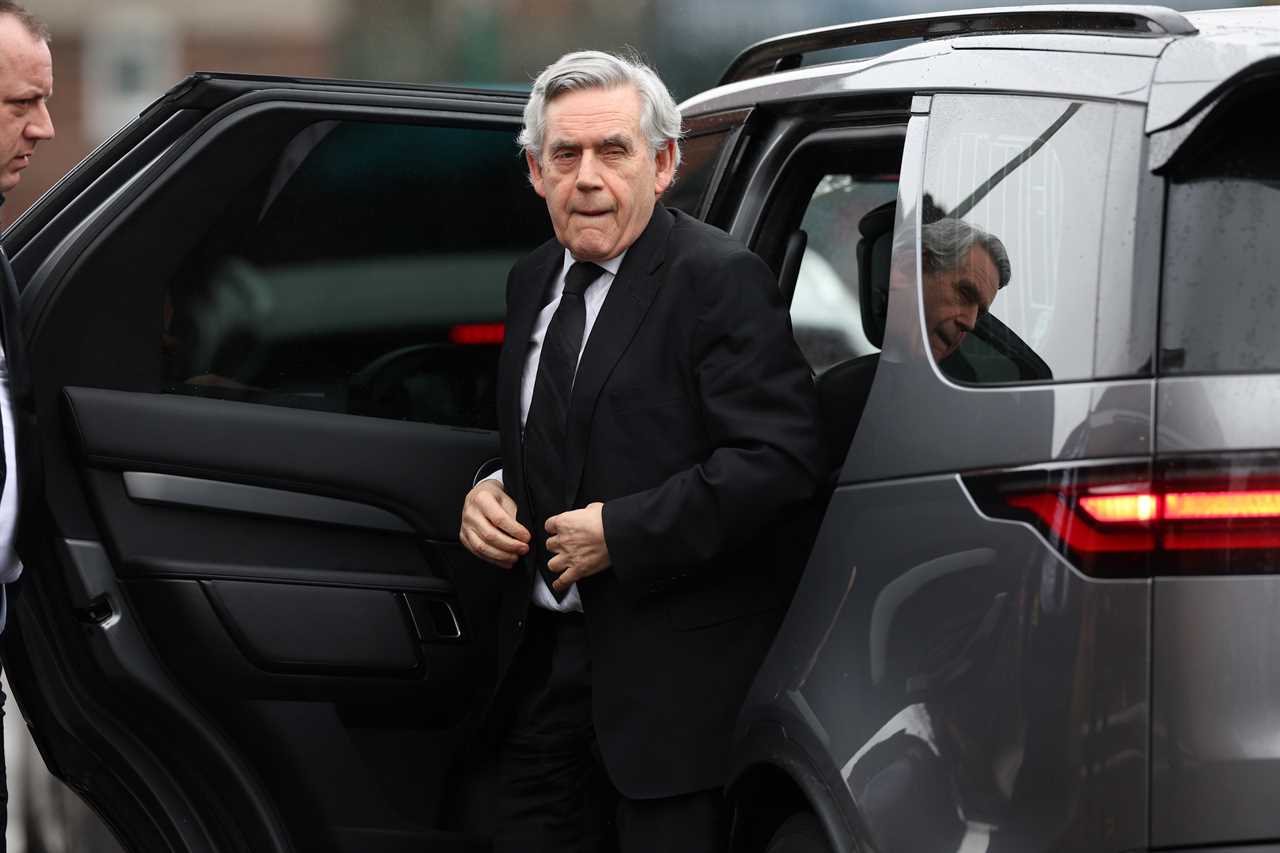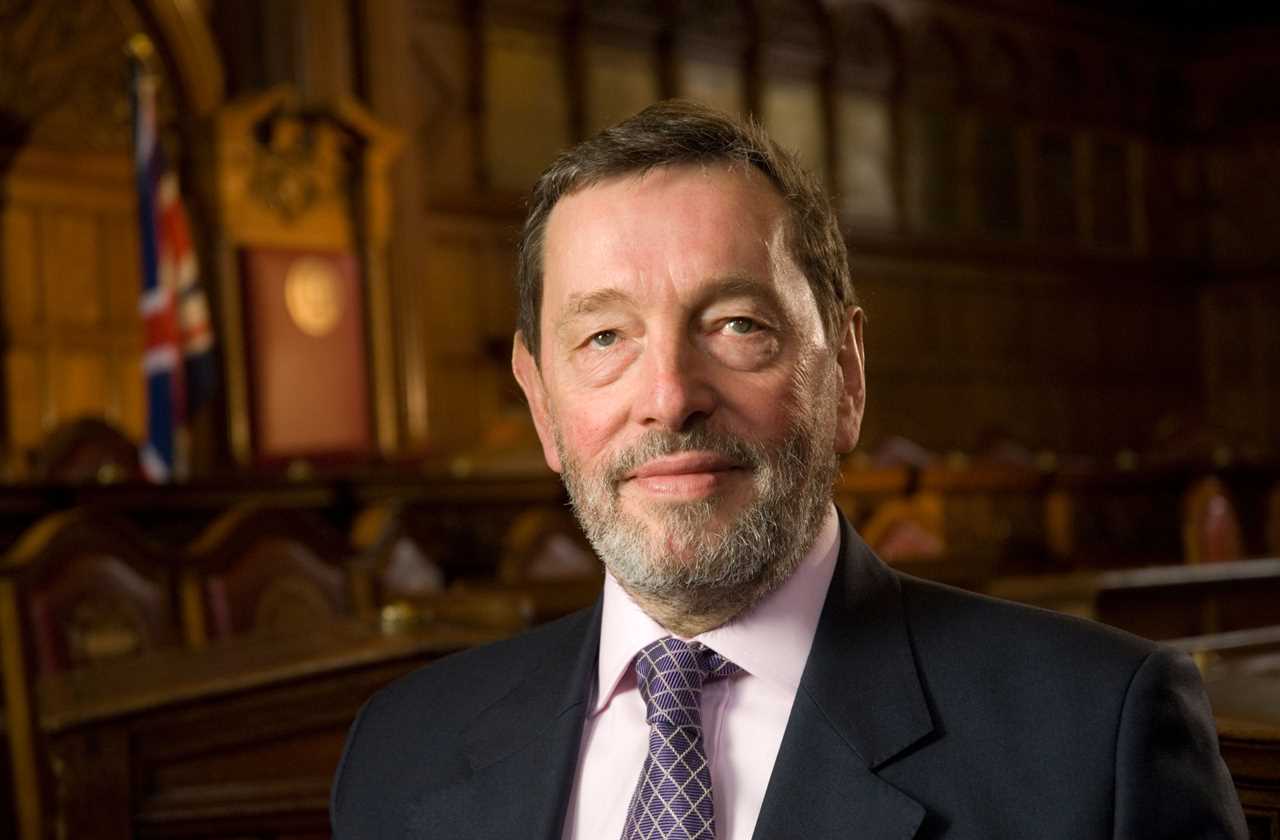
In a contentious battle within Labour's ranks, David Blunkett and Gordon Brown clash over the proposed elimination of the two-child benefit cap, a move coinciding with troubling statistics indicating a rise in child poverty.
Policy Standoff: Ideals vs. Realities
Former Home Secretary Blunkett's recent opposition to scrapping the welfare limit contrasts sharply with ex-Prime Minister Brown's denouncement of the cap as "cruel." This discord unfolds as Labour MPs intensify calls to abolish the two-child restriction.
Human Cost: Children Bear the Burden
Amidst these debates, alarming figures from the End Child Poverty coalition reveal an increase in the number of children living in poverty, now reaching an estimated 4.5 million, underscoring the urgent need for policy adjustments to tackle this concerning trend.
Social Implications: A Closer Look at Consequences
The two-child cap, implemented in 2017, has sparked outrage among Labour members seeking its removal, while Reform leader Nigel Farage's promise to eliminate it has added fuel to the fiery discussions. However, the potential financial implications and societal repercussions of such policy changes remain hotly contested.

Empathy and Economics: Balancing Welfare and Work
Stepping into this complex arena, Lord Blunkett advocates for a nuanced approach, arguing for a focus on employment opportunities as a sustainable solution to uplift families from poverty, while also addressing the pressing issue of absent fathers failing to support their children financially.
Path to Progress: Navigating Policy Shifts
As the debate rages on, Education Secretary Bridget Phillipson acknowledges the possibility of axing the cap, hinting at a potential shift in policy. However, the financial implications and the broader impact on child poverty rates signal a challenging road ahead in finding a balanced solution.
In the midst of these deliberations, with calls for reform echoing from various quarters, the intricate balance between social welfare and economic stability hangs in the balance, underscoring the critical need for informed, compassionate policy decisions to address the pressing issue of child poverty in the UK.






